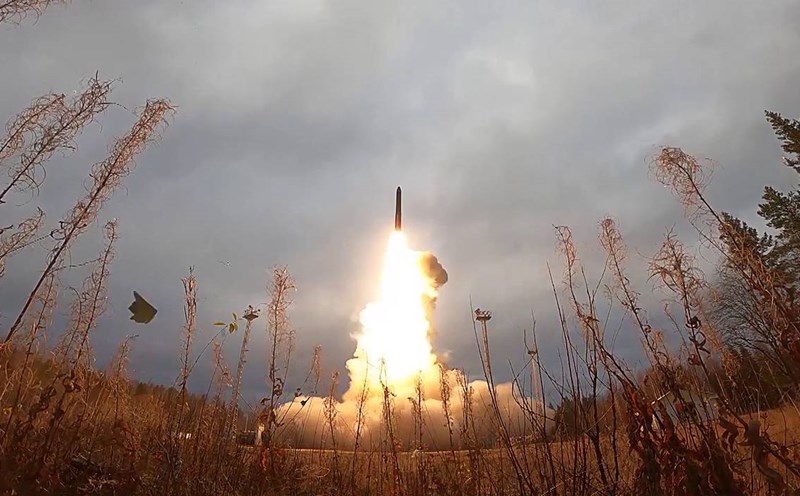On July 25, Cambodian Prime Minister Hun Manet reaffirmed Cambodia's support for a ceasefire proposal at the Thailand - Cambodia border.
The Cambodian leader mentioned what he described as "unclear information" in several international media regarding Cambodia's stance on a ceasefire initiative with Thailand given by Malaysian Prime Minister Anwar Ibrahim - rotating ASEAN Chairman.
According to Mr. Hun Manet, on the evening of July 24, Prime Minister Anwar Ibrahim personally called him to express his concern about the ongoing clashes between the Cambodian and Thai armies at the border.
Mr. Anwar proposed an immediate ceasefire to facilitate peace negotiations between Cambodia and Thailand.
"I have made it clear to Mr. Anwar Ibrahim that Cambodia agrees to his ceasefire proposal because Cambodia is not the initiator of this conflict," Hun Manet said.
The Cambodian Prime Minister added that after talks between Prime Minister Anwar and Acting Thai Prime Minister Phumtham Wechayachai, Cambodia received a notice that Thailand had agreed to a ceasefire, effective from 0:00 on July 25. However, the Cambodian Prime Minister said that Thailand's stance has changed dramatically.
"It is a pity that just over an hour later, Thailand informed us that they have reversed their stance, disagree and wait for another day," Hun Manet said, noting that Prime Minister Anwar Ibrahim was aware of the developments.
The key to resolving the current armed conflict between Thailand and Cambodia is the true willingness of the Thai side to accept a ceasefire, Prime Minister Hun Manet shared.
Also on July 25, Thai Foreign Ministry Spokesperson Nikorndej Balankura told AFP that Thailand is ready for Malaysia to mediate in an effort to find a negotiated solution to the conflict with Cambodia.
"If Cambodia wants to solve this problem through diplomatic channels, bilateral channels, or even through Malaysia, we are ready to do it. But so far, we have not received any response," said a spokesperson for the Thai Foreign Ministry.
Malaysian Prime Minister Anwar Ibrahim said on the evening of July 24 that he had directly contacted his counterparts in Thailand and Cambodia, calling on both leaders to reduce the escalation of the conflict.
"I welcome positive signals and goodwill from both Bangkok and Phnom Penh in considering this direction. Malaysia is ready to support and facilitate this process in the spirit of solidarity and sharing ASEAN's responsibility," said Mr. Anwar.
Thailand and Cambodia accused each other of being the initiators of the conflict. On July 25, tensions rose, with Thailand accusing Cambodia of deliberately targeting civilians, while Cambodia accused Thailand of using cluster bombs, a controversial weapon, and was widely condemned.
The Thailand - Cambodia border war broke out on July 24, quickly escalating from gunfighting to arson in the border area.
Thailand summoned its ambassador to Phnom Penh and deported the Cambodian ambassador in response to the second Thai soldier losing his leg due to the mine that Bangkok accused of being planted by Cambodia recently. Cambodia denied the information, saying it was baseless.












